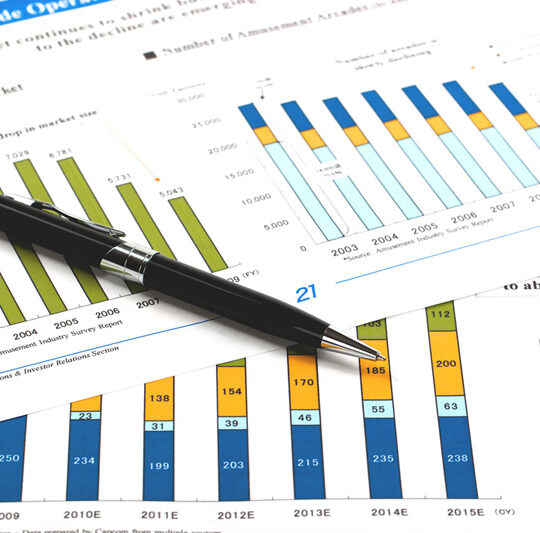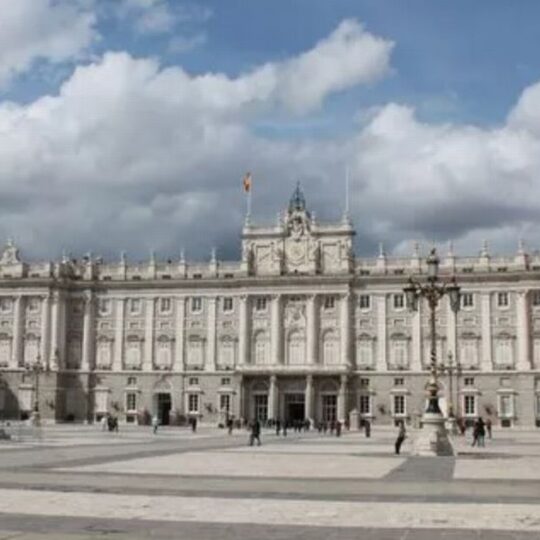
London — The European economy contracted slightly at the end of last year and beginning of 2023, revised figures showed Thursday, underlining the impact of the loss of Russian natural gas and high inflation on consumer spending.
Economic output in the 20 countries that use the euro currency dropped 0.1% in both the final three months of 2022 and the first three months of this year from the previous quarters, according to the European Union’s statistics agency Eurostat.

That means the eurozone endured two consecutive quarters of decline, which is one definition of recession often used in political and economic discussions, dubbed a “technical” recession.
However, the economists on a panel that declares eurozone recessions use a broader set of data, including unemployment figures. And European labor markets have held up to recent economic shocks: Unemployment is at its lowest level since before the creation of the euro in 1999, hitting 6.5% in April.














